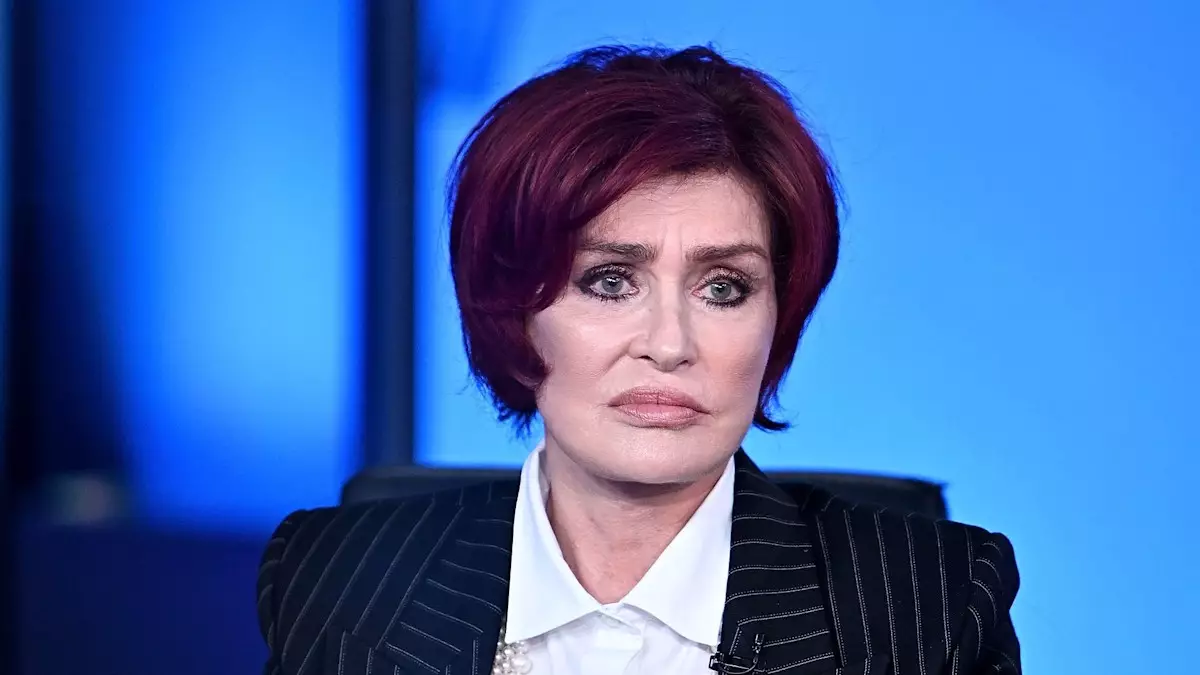The tragic departure of Liam Payne, a former member of the globally adored band One Direction, has left an indelible mark on fans and industry veterans alike. Sharon Osbourne, a prominent music industry figure and judge on The X Factor, took to Instagram to express her sorrow and reflect on the burdens that plagued Payne throughout his stardom. With striking honesty, Osbourne articulated her grief, stating, “Liam, my heart aches. We all let you down.” Her emotional tributes highlight a broader discussion about the music industry’s role in supporting emerging talent, especially those beset by the weight of stardom from a young age.
Payne was barely a teenager when he joined One Direction during the 2010 season of The X Factor. At just 16, he and his bandmates—Harry Styles, Niall Horan, Zayn Malik, and Louis Tomlinson—experienced a meteoric rise to fame, one that overshadowed the typical teenage experiences most of their peers navigated. Sharon poignantly asked, “Where was this industry when you needed them?” and this question resonates deeply within the music community. It prompts a critical examination of how the industry often prioritizes commercial success over the mental well-being of its young stars.
One Direction achieved unprecedented success that saw them topping charts and winning multiple awards, including seven BRIT Awards. However, with such success came intense scrutiny and pressure, pushing the group into the limelight where the stakes were high and the margins for personal struggle were dangerously thin. The glamour of fame is frequently juxtaposed with the harsh realities faced by artists, particularly those thrust into the spotlight at a young age, where they are often left to fend for themselves in an unforgiving industry.
Payne’s candid admissions regarding his struggles with alcoholism highlight the toll that fame can take on young individuals. During an appearance on The Diary of a CEO podcast, he shared harrowing details of hitting “rock bottom” despite his international success. This narrative is all too common in the music industry, where the pressures of fame can lead to destructive coping mechanisms. The pandemic, a time that brought additional challenges, only exacerbated his struggles, underlining the urgent need for a conversation around mental health in the entertainment sector.
While 2023 offered a glimmer of hope as Liam announced his sobriety after spending time in rehab, the tragic conclusion to his journey serves as a painful reminder of the fragility of life and the complexities that countless celebrities face behind the scenes. Osbourne’s tribute, “rest in peace, my friend,” echoes a sentiment felt by many, not only for Payne but for all young stars battling the tumultuous challenges of fame.
The conversations ignited by Liam Payne’s passing shed light on an often-overlooked aspect of the music industry: accountability. The burden of mental health issues among celebrities raises essential questions about the structures in place to support them. The industry’s tendency to commodify artists while neglecting their personal well-being must be challenged. Young talent deserves a robust support system that prioritizes their mental and emotional health, alleviating the pressures inherent in their careers.
As fans and industry insiders grapple with the loss of a beloved artist, there is an opportunity to redefine the approach taken towards nurturing future generations of musicians. Conversations around mental health, the need for transparent support systems, and the responsibilities of industry players must be at the forefront of discussions to prevent further tragedies.
Liam Payne’s legacy, though marked by struggles, also serves as a catalyst for change in how we perceive and treat young stars within the music industry. Sharon Osbourne’s heartfelt reflections resonate with a greater call for empathy and understanding, ensuring that the young artists of tomorrow will have the support they need to navigate their challenging paths. In memory of Liam, we must strive for a more compassionate and responsible approach to stardom—where talent is nurtured, and mental health is prioritized.

